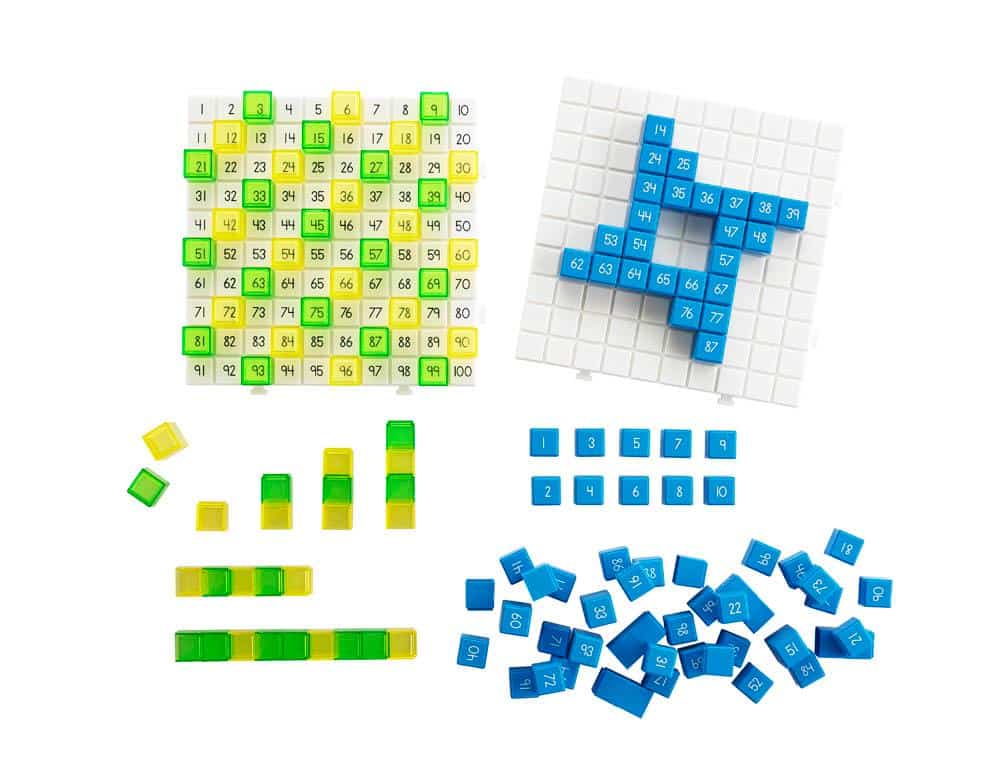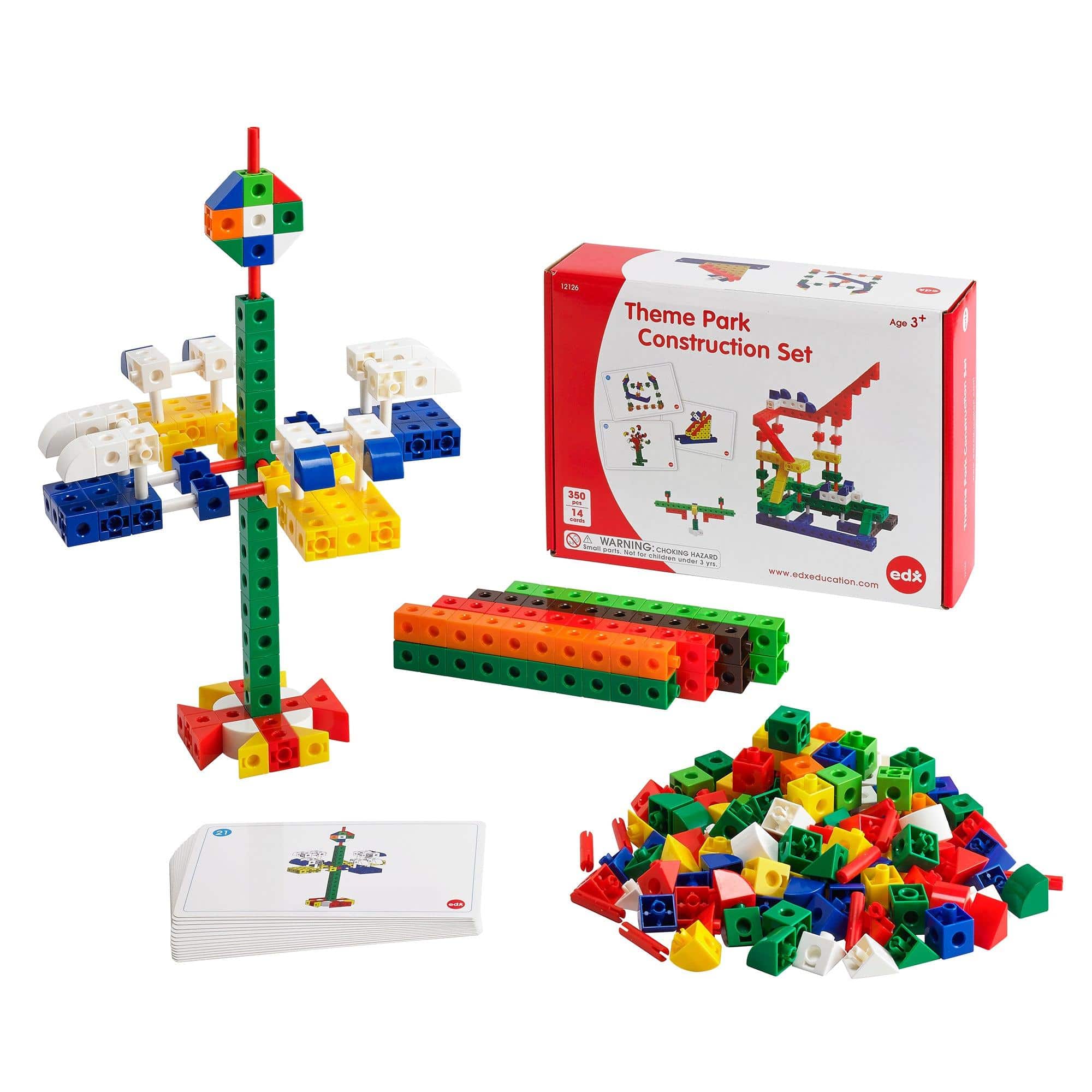The Impact of Toy Licensing on Toys’ Cultural Diversity
Introduction
In today’s globalized and diverse world, the influence of toy licensing on cultural diversity cannot be underestimated. Toy licensing refers to the process by which a company or individual grants permission to another company to use their brand, characters, or intellectual property in the production of toys. This practice has a profound impact on the cultural representation and diversity of toys, influencing the values and perspectives that children are exposed to.
Benefits of Toy Licensing on Cultural Diversity
Toy licensing plays a crucial role in fostering cultural diversity by:
- Expanding the representation of different cultures and ethnicities in the toy industry.
- Offering a diverse range of characters and storylines that resonate with children from various backgrounds.
- Promoting inclusivity and encouraging children to embrace and appreciate different cultures.
- Providing educational opportunities by introducing children to new cultures and traditions through play.
- Creating a sense of belonging and empowerment for children who previously lacked representation in mainstream toys.
The Influence of Toy Licensing on Gender Stereotypes
Toy licensing also plays a significant role in challenging and breaking down gender stereotypes, promoting a more inclusive and equal society:
- By licensing toys that challenge traditional gender roles, such as action figures for girls and nurturing dolls for boys, it encourages children to explore their interests and talents freely.
- Offering a wide range of licensed toys that appeal to both genders helps counter the notion that certain toys are only meant for boys or girls.
- By representing diverse genders and gender identities in licensed toys, it informs and educates children about gender diversity from a young age.
Toy Licensing and Global Cultural Exchange
Through toy licensing, cultural exchange is facilitated, allowing children worldwide to learn about different cultures and traditions:
- Licensed toys based on traditional stories, folklore, and historical events help children understand and appreciate the rich heritage of various cultures.
- By incorporating multiple languages, music, and traditional costumes in licensed toys, cultural diversity is celebrated and encouraged.
- Toy licensing collaborations between companies from different countries promote cross-cultural communication and understanding.
Challenges and Opportunities of Toy Licensing on Cultural Diversity
While toy licensing brings numerous benefits to cultural diversity, certain challenges and opportunities arise:
- Ensuring accurate and respectful representation of different cultures, avoiding stereotypes or misappropriation.
- Encouraging toy manufacturers to prioritize cultural diversity and not just rely on licensing popular mainstream brands.
- Creating licensing opportunities for lesser-known stories, characters, or brands from underrepresented backgrounds.
- Collaborating with diverse creators and storytellers to develop original licensed toys that reflect their cultural heritage and values.
Conclusion
The impact of toy licensing on toys’ cultural diversity is immense. It provides children with opportunities to engage with diverse cultures, challenge gender stereotypes, and foster a greater sense of inclusivity. As toy licensing continues to evolve, it is vital for companies to responsibly harness its potential and contribute to a more diverse and culturally enriched toy industry.


